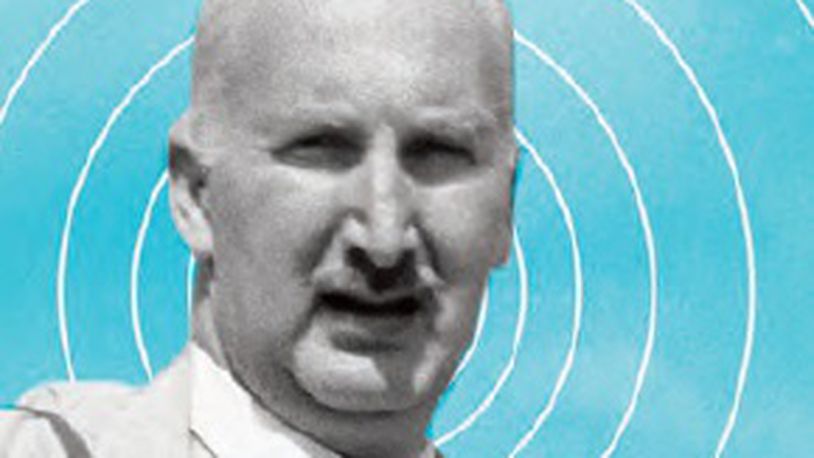Smith became fascinated with Brown's story and it is easy to see why. As a CBS Radio broadcaster in Singapore in December 1941 he nearly lost his life when Japanese torpedo bombers sank the British battlecruiser Repulse in the South China Sea. Brown was a correspondent on the Repulse.
His gripping minute-by-minute account of the disaster for CBS, which also included the destruction of the British battleship Prince of Wales, earned him the Peabody award and transformed him into one of the best-known correspondents of World War II.
“There were upwards of a thousand sailors who died during that attack,” Smith said. “He was not wounded during attack and fortunately was able to get off the ship. A British sailor reached out in the water off a Carley Float and grabbed him. Cecil thought he had just about had it. It was pretty miraculous.”
Brown also was known for his legendary battles with Italian and British censors in World II as they tried to block or alter his broadcasts, prompting Smith to describe Brown as “very feisty. He was a big First Amendment guy and he became quite exasperated when anybody tried to curtail his freedom of the press.”
For Smith, 68, it was a case of one Ohio man meeting another. Smith, a graduate of Ohio University who earned an M.A. from Bowling Green and then a Ph.D from Ohio University, grew up in New Concord. Brown, who died in 1987, was raised in Warren, married a woman from Columbus who is still alive in Los Angeles at age 104.
He left Ohio State nine hours short of a degree in 1929 and worked as a reporter for a number of years before Edward R. Murrow hired him at CBS Radio in 1940 and assigned him to cover the war from Rome.
Brown reported in an entirely different era than today when journalists are under relentless attacks from President Donald Trump and many conservatives.
“It tells us the public view of journalism has changed drastically over the past 70 years,” Smith said. “Murrow and Cecil were seen as heroes. They were brave men in the war zone telling the truth for what was going on and continuing to get in trouble for telling the truth.”
About the Author
